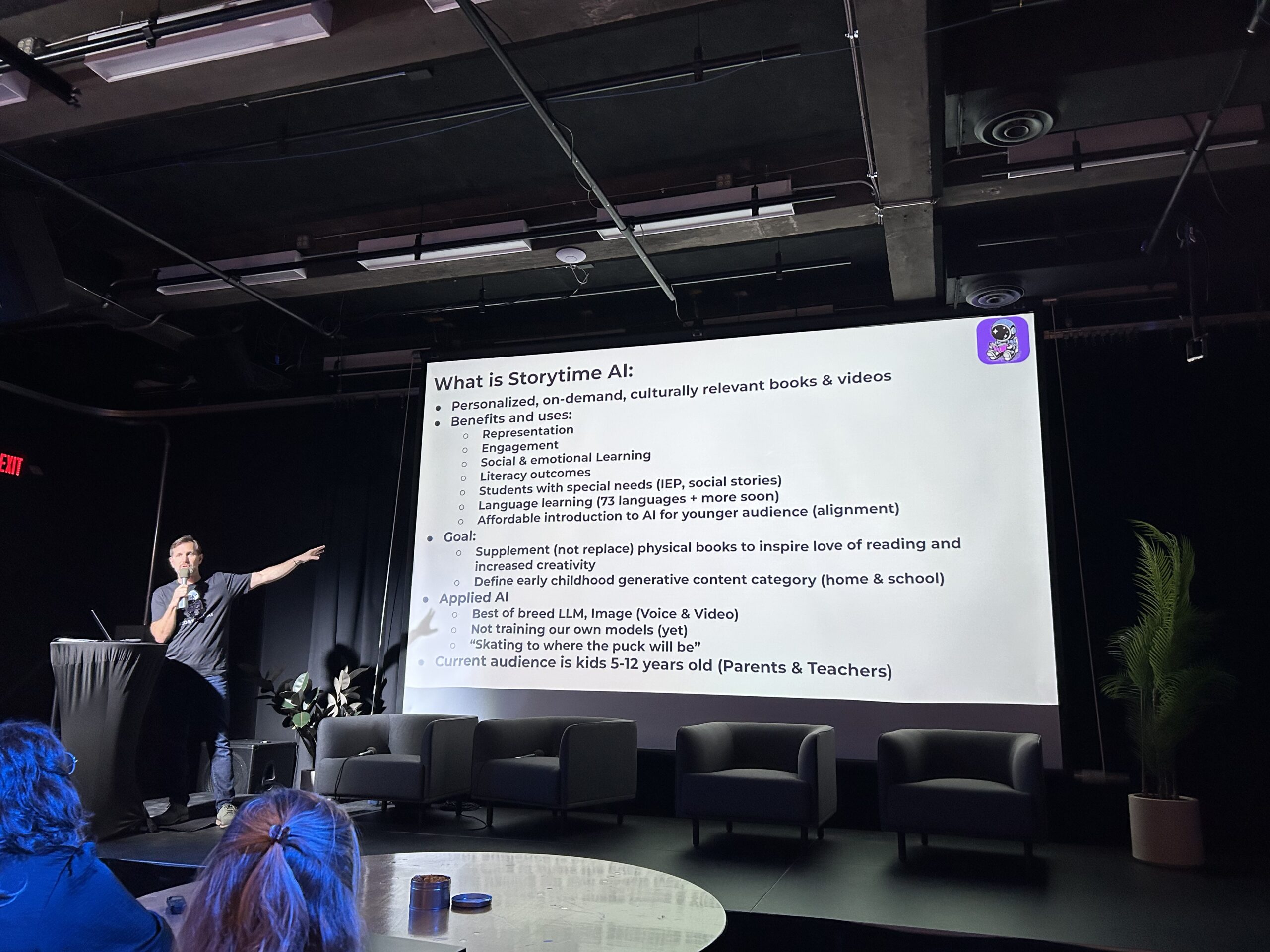The life of a startup is, if nothing else, unpredictable.
Whether a founder channels their personal mission into a university affiliate, a bootstrapped private company, a nonprofit or something else, their best-laid plans are vulnerable to unanticipated shifts. The economy could turn. Once-friendly VCs or foundations might lose their risk appetite. A crucial contract might not come through. Even those ventures with promising models can simply run out of money.
All parts of that journey matter. That’s why we reached out to the RealLIST Startups we honored in Q1 to see how things have been going. In Baltimore, our list went beyond the typical early-stage, tech-producing private companies to include less-typical outfits like an accelerator operator and a center at Morgan State University.
Those who responded, in Charm City and beyond, paint a picture of dynamism, with developments ranging from major raises and contracts to rebrands and other strategic pivots.
Modest staff and funding growth
Nearly two-thirds of respondents (61%) across Technical.ly’s five geographic areas of focus — Philly, Delaware, Baltimore, DC and Pittsburgh — reported increases in their headcounts since being honored, while just over 30% who maintained their staff sizes. Only 5% said their teams shrank.
In Baltimore specifically, 6 of 10 honorees reported staff increases. But that growth was relatively small, with the largest current headcount being 7, at the University of Maryland BioPark-based Irazú Oncology. And only about 60% of Baltimore respondents plan to grow staff in the next year, compared to almost 83% across our publication’s footprint.
Financially, 8 of 10 Charm City startups landed new funding since we put them on the list last February. Amounts ranged from $3,000 (for DJ’s Event Planning, which provides free support services to entrepreneurs) to $250,000 (a VC raise for cognitive health-focused platform Sommos).
Some of our honorees also noted client or customer funding boosts. Fem Equity CEO Adeola Ajani said her platform was able to help its female users increase earnings by $1.5 million. Its greatest struggle involves scaling its operations with the right business model, including business-to-business and business-to-consumer components. Still, it raised $75,000 from awards and customers.
“While the platform has gained significant recognition and partnerships, figuring out how to sustain long-term growth and become a dominant player in the market has required ongoing innovation and strategic thinking,” Ajani said.
New opportunities and identities
Divaneering Impact Lab CEO Shawna Stepp-Jones — who, like Ajani, graduated from Johns Hopkins University’s Social Innovation Lab — said part of her company’s $107,000 in new funding came from two paid partnerships. One was a contract with the all-girls Western High School in Roland Park, where the startup provides four paid summer internships to teach STEM and innovation at the City of Baltimore’s Recreation and Parks summer camp.
“During this six-week internship, we delivered our STEM and Innovation programming to 75 girls,” said Stepp-Jones, whose company uses fashion, health and beauty as vehicles to teach K-12 students.
The other opportunity brought her to Oklahoma to mentor nine women entrepreneurs through a partnership with Build in Tulsa. Going forward, she will offer high school-aged girls a chance to pilot the company’s signature product, a quick-action hair dryer called the Spundle, at a local salon.
Other respondent founders and companies received comparable spotlights and honors which boosted their profiles even if they didn’t always affect finances.
Storytime AI founder Brian Carlson got to present his company’s artificial intelligence-powered platform for generating animated children’s stories at the AI Hackathon for Equity, a two-day event addressing equitable and ethical artificial intelligence use.

Jones of DJ’s Event Planning is hosting her last recurring CEO Workday Group event, which she said helped boost corporate partnership and social media analytics, in November, as well as launching the Little CEO Workday program for aspiring youth entrepreneurs.
Ruby Taylor of virtual education platform Financial Joy School became a Halcyon fellow, earned disabled person-owned status for the company and got to speak about innovation and disabled communities at Kansas’ state legislature.
Group travel app Coordle’s Jen Fry became a finalist in the innovative world technologies category at South by Southwest’s 2024 pitch competition.
One of the companies on the list, EBO Corp., recently underwent a major pivot. CEO Crystal Berger took the vetting capabilities of the company’s software, which focused on verifying and preparing people for media appearances, and put into a standalone product called Vettify. She said this move allowed EBO to focus on small-to-medium-sized enterprise customers.







